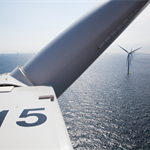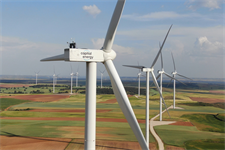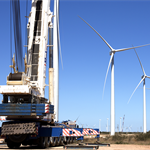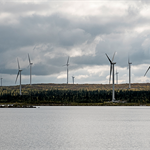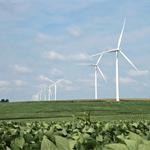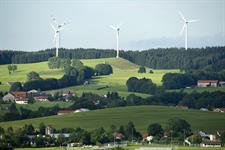Tech giants oppose 2GW Iowa onshore wind hub
Energy Disrupter

Tech giants Google, Facebook and Microsoft are warning that MidAmerican Energy’s proposed 2042MW Wind PRIME Wind PRIME (2042MW) OnshoreIowa, USA, North America Click to see full details project in Iowa may not be in the best interests of utility customers.
They have formed the Tech Customers coalition to oppose the project.
Tech companies, with their energy-hungry data centres, are among the largest buyers of wind power and other renewable energy.
MidAmerican, a regulated utility owned by billionaire investor Warren Buffett’s Berkshire Hathaway conglomerate, has asked the Iowa Utilities Board to approve the project with terms such as a guaranteed 11.25% rate of return.
A guaranteed 11.25% rate of return is within the standard range for regulated utilities to request, according to BloombergNEF.
If approved, the nearly $4-billion project would be the largest cluster of wind farms in the US once operational by year-end 2024.
The tech giants, which operate data centres in Iowa, say the project could increase electricity costs. They argue that MidAmerican should instead consider alternatives.
“We have concerns that the current Wind Prime proposal is not in the energy customers’ best interest,” a spokeswoman for Google said.
Google will operate its data centre in Iowa with carbon-free electricity and supports new “cost-effective sources” of clean energy, she added. Google’s $5-billion data centre complex in Iowa is one of its largest.
“Wind Prime is an exceedingly costly, massive increase in generation that MidAmerican has not demonstrated is necessary or reasonable in light of other feasible alternatives,” Google and Facebook stated in a regulatory filing. Microsoft had previously filed a petition to the Iowa Utilities Board.
“Before customers are forced to bear the increased costs that this project will result in, Wind Prime should be carefully considered by the board through a complete record informed by a full and thorough discovery process,” they continued.
The three tech companies declined to comment further or give details on what alternative to Wind Prime they would prefer for customers’ growing electricity needs.
“In general, tech companies have become more strategic and selective about what [electricity] they buy than two to three years ago,” said Kyle Harrison, head of sustainability research at BloombergNEF.


